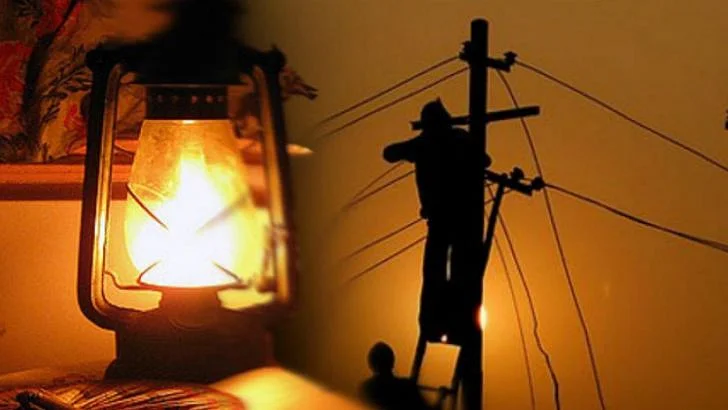
The situation has further worsened during ongoing torrential rains in the country that have inundated the grid stations and destroyed the PMTs and distribution system.
Pakistan is facing a severe electricity crisis due to a persistent and widening gap between demand and available system generating capacity. The worsening of power shortages has become a major issue, reflecting the hardships for individuals and businesses. It threatens to undermine the credibility and legitimacy of government and to further stress the social fabric of the country. The power crisis did not emerge suddenly. It is the direct result of imprudent and reckless energy policies over the last three decades. These policies have impeded the development of cheap and abundant domestic energy sources. They have also resulted in very inefficient fuel-mix choices, compromising energy and economic security. Pakistan’s energy bankruptcy is ultimately due to massive institutional and governance failure.
The situation has further worsened during ongoing torrential rains in the country that have inundated the grid stations and destroyed the PMTs and distribution system, with the result that in Sindh alone various cities have been reported without electricity for several days, and prolonged outages in other cities. This situation again has exposed the ill-planning of the corrupt government machinery/institutions.
Cadet Muhammad Khan Luhur
Karachi, Sindh
***
Over the last decade, widespread electricity shortage in Pakistan has reached to its peak. This is evident from the vast increasing power outages/cuts for many hours on daily basis. Despite major investments by affluent households, estimated in tens of millions, on self-generation systems like generators and solar systems, acute shortage persist.
Bisma Narejo
Karachi, Sindh
***
Load-shedding has become a big issue in the country causing pain and stress. It seems as if the nation is in the state of nationwide blackout.
Several excuses are given for load-shedding. It is said Load shedding happen because shortage of power, technical faults, rainfall or maintenance, human error, and aging infrastructure. For that reason, Pakistan is faced with one of the most challenging energy issue.
With several power plants unable to supply the country with the necessary electricity, Karachi and other cities and towns/villages of Sindh have suffered from lengthy periods of load-shedding. As a result, many industries have suffered in recent years due to this acute shortage.
There are some rural areas where the electric grids are not sufficient for the population. These places have rolling blackouts and loss of power between two and twelve hours per day.
The electricity crisis of Pakistan is due to the reason that there is a lack of foresight by the government of Pakistan. The Electricity crisis has made it unbearable for people to live in Pakistan as they have to suffer from sleepless nights. The energy crisis is one of the most troublesome crisis that has been faced by Pakistan.
Zulqarnain Samo
Karachi, Sindh
__________________